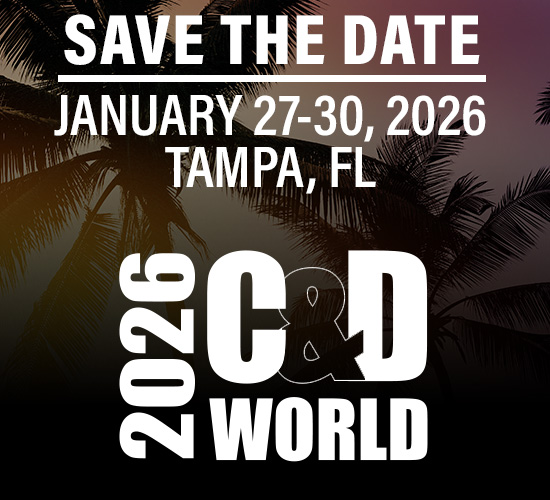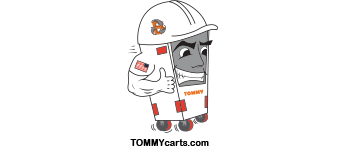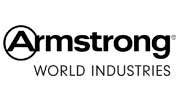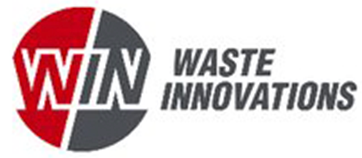How to Recycle ConcreteProducts (aside from base course) are high quality aggregate, processed in steps with time and effort involved in crushing, pre-sizing, sorting, screening, and contaminant elimination. The denominator is to start with clean, quality rubble to meet design criteria easily and ultimately yield a quality product that will go into end use. Crushing and screening systems start with primary jaws, cones, and/or large impactors taking rubble from 30 inches to four feet. A secondary cone or impactor may or may not need to be run, and then primary and secondary screens may or may not be used (depending on the project, the equipment used, and the final product desired). A scalping screen will remove dirt and foreign particles. A fine harp deck screen will remove fine material from coarse aggregate. Further cleaning is necessary to ensure the recycled concrete product is free of dirt, clay, wood, plastic, and organic materials. This is done by water floatation, hand picking, air separators, and electromagnetic separators. Occasionally asphalt overlay or patch is found. A mixture of asphalt and concrete is not recommended but small patches are not detrimental. The more care put into the quality, the better product you will receive. With sound quality control and screening you can produce material without having to wash it as with virgin aggregate, which may be loaded with clay and silt. |
























